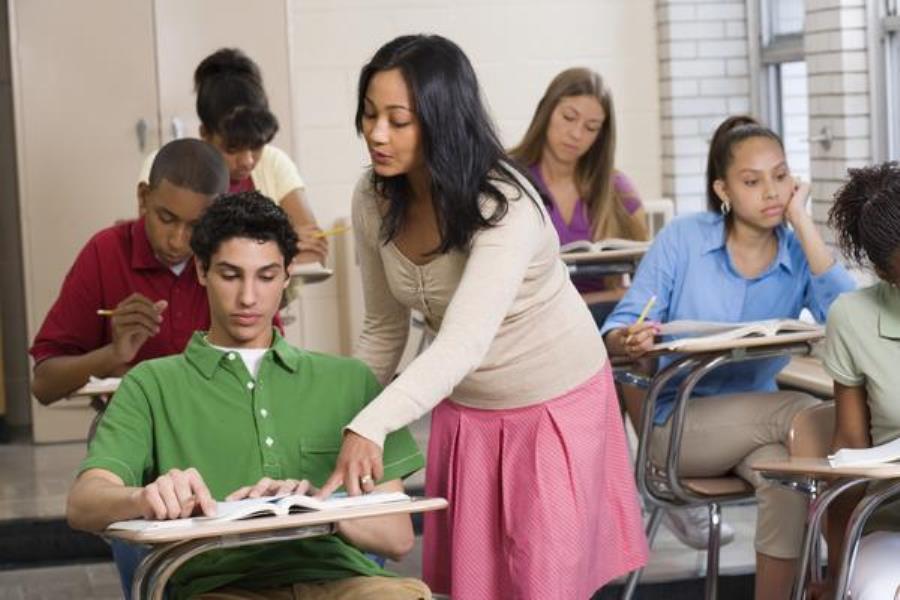We all want to feel cared for and valued by the significant people in our world. Students are no different. As a classroom teacher, you have a great deal of power over your students simply because you control their destiny for up to six and a half hours each day, five days a week. When students feel that you value and care for them as individuals, they are more willing to comply with your wishes.
Think about it for just a minute. Aren’t you more apt to go out of your way to please a boss who you feel values you as an individual and treats you with dignity and respect, rather than a boss who communicates a lack of respect for you? When your boss asks about your family, gives you support when there is a personal emergency, or praises you for work well done, don’t you develop feelings of regard for this boss and want to do your best to please him or her? Students have the same feelings. So it makes sense that developing positive teacher-student relations is one of the most effective steps you can take to establish a positive discipline climate in the classroom.
It’s critical to remember that when you treat students with respect, they tend to appreciate and like you. When they appreciate and like you, they are more willing to want to please you—which causes them to be more likely to behave appropriately. This is why it is so important to remember that, when it comes to student behavior, it’s far more often the relationship students have with you than it is the rules themselves that encourages students to follow those rules.
Communicating Positive Expectations
Research on teacher expectations and student achievement has shown that expectations have a dramatic impact on student academic performance (Kerman, Kimball, & Martin, 1980). Student behavioral performance is also dependent to a large degree on the expectations of significant adults in students’ lives. Numerous studies indicate that the expectations teachers have for students tend to become self-fulfilling prophesies. It is therefore critically important for educators to monitor their interactions with the goal of communicating appropriately high behavioral and academic expectations to all students, not just to high achievers.
Techniques To Bring The Best Out Of Your Students
- Monitor the way you call on students, don’t call them negative names
- Make sure that you give all students chances to participate in the class room
- Try to increase the amount of time you wait between asking a student a question and moving on by either answering the question yourself or calling on another student.
- Give students hints and clues to help them succeed in class.
- Tell students directly that you believe that they have the ability to do well. Your belief in them will inspire their success.


